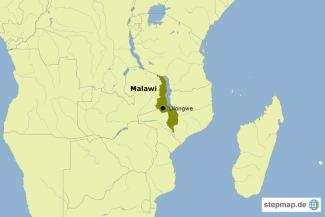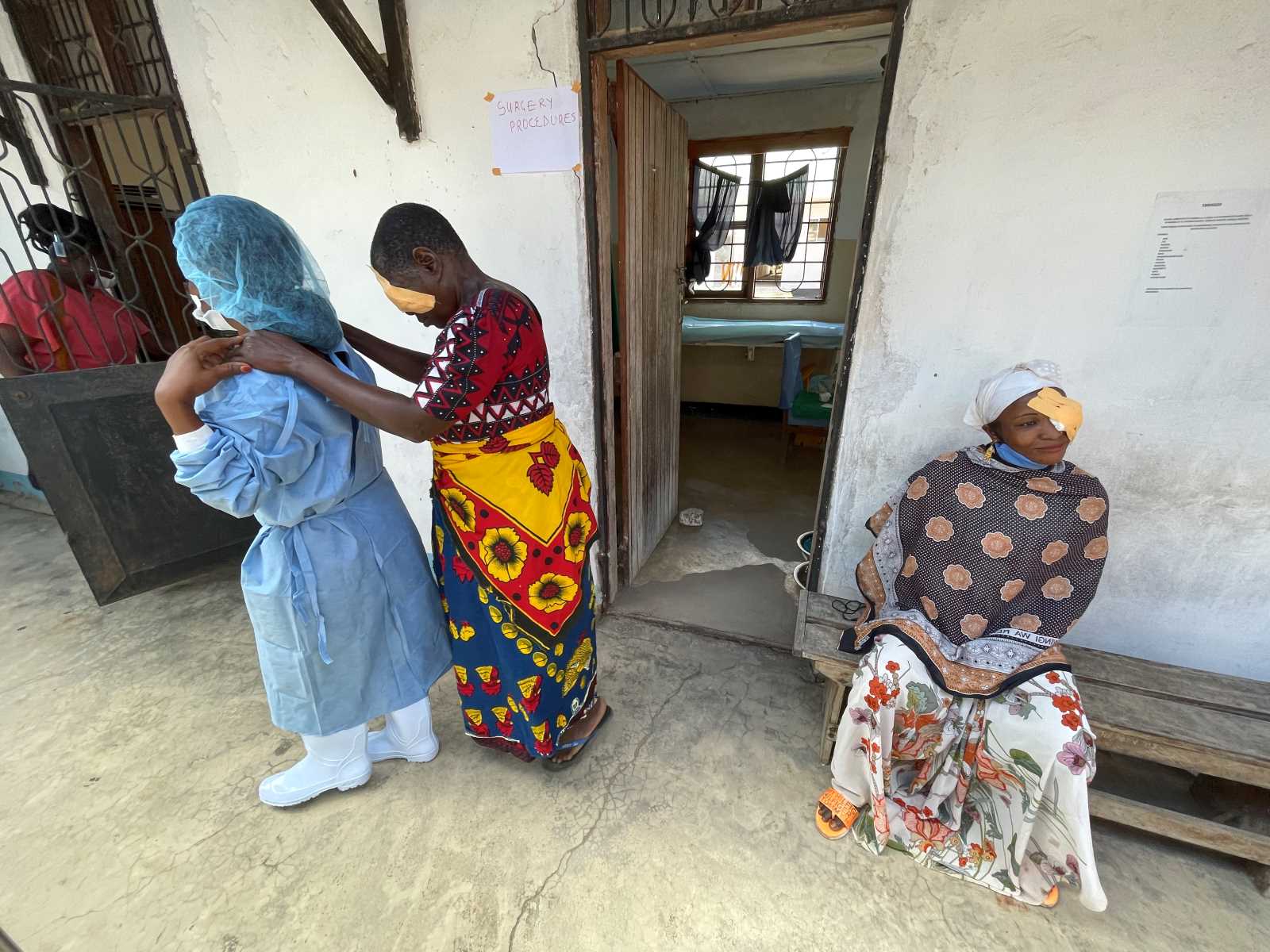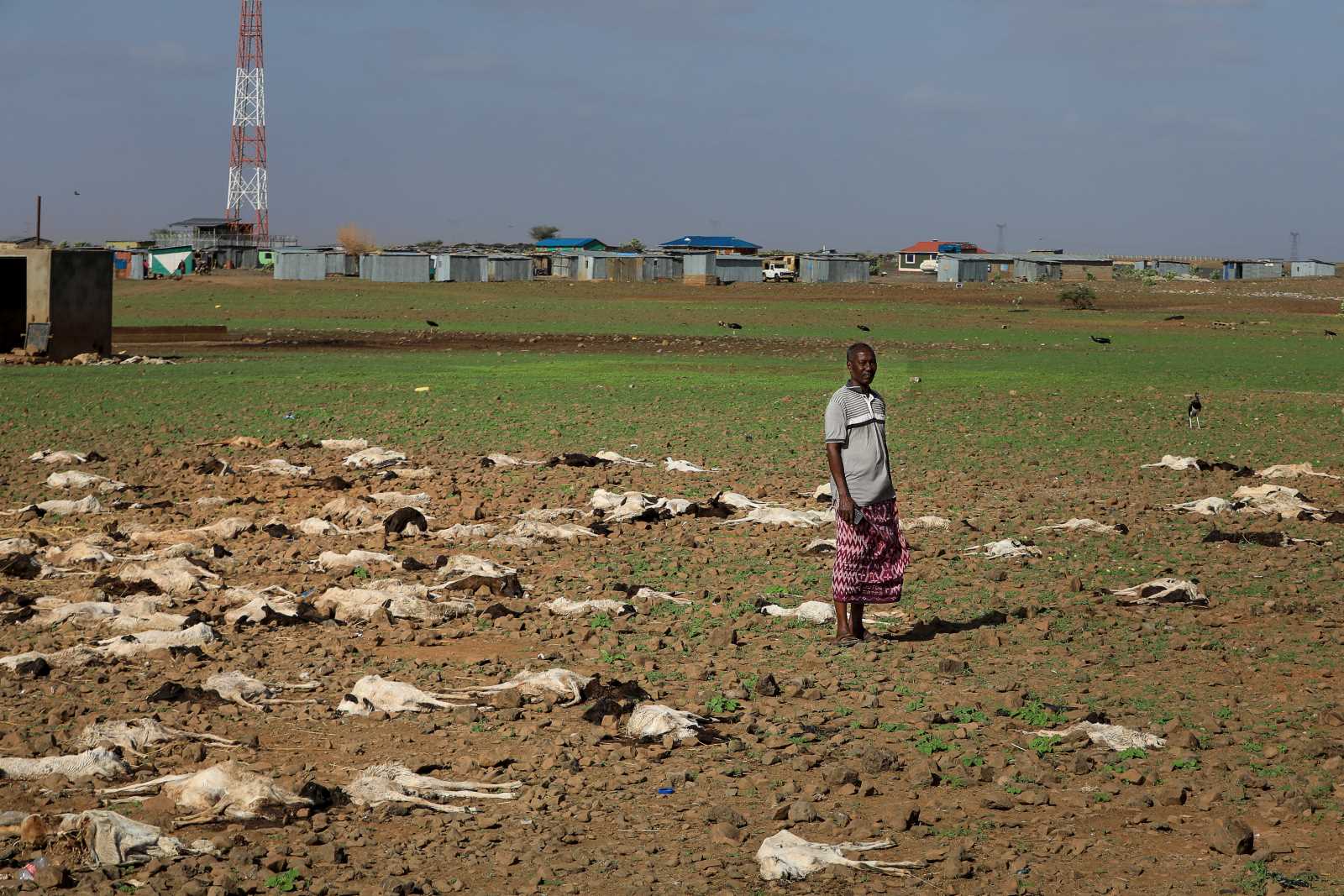Public health
Preventable diseases

Malawi’s Ministry of Health and Population has a strategy to eliminate neglected tropical diseases (NTDs), according to its spokesperson Joshua Malango. The Malawi Neglected Tropical Diseases Master Plan 2015-2020 promotes mass drug administration in line with the guidelines published by the World Health Organization (WHO). “We have already eliminated elephantiasis. There are also good results for trachoma,” Malango says. “Our target is to eliminate these diseases by the end of 2019.”
NTDs are a group of treatable and preventable diseases caused by parasitic and bacterial infections. They affect 1.6 billion people globally and have different effects such as blindness, deformities, stunted growth or cognitive impairment. The five most common NTDs in Africa are Lymphatic Filariasis (more commonly known as Elephantiasis), Onchocerciasis (River Blindness), Schistosomiasis (Bilharzia), Blinding Trachoma and Soil-Transmitted Helminthiasis (Intestinal Worms) (see article by Ester Dopheide in D+C/E+Z e-Paper 2018/01, Monitor section and interview with Martin Kollmann in D+C/E+Z e-Paper 2018/03, Focus section).
These diseases affect mostly poor people who have no access to clean water or adequate sewage system. According to the WHO, “economic hardship and cyclical poverty have become synonymous with NTDs.”
Low-cost, highly effective drugs against the NTDs exist, but are often not accessible for the people affected. In 2014, Malawi and 25 other African countries committed themselves to strengthen their efforts to eliminate neglected tropical diseases.
Five years after this commitment, Malawi is performing well in fighting NTDs, ranking second of all African countries, with the Kingdom of Eswatini (formally Swaziland) in the lead. Mali, another poor western African country, comes third, outperforming richer countries on the continent such as Botswana and South Africa.
A network of scientist, international government agencies and pharmaceutical companies called “Uniting to Combat Tropical Diseases” confirms that Malawi is doing a “good job.”
Malawi has 91 % of the population on treatment, which is above the 75 % target set by the WHO.
Drug development is a key issue. According to Anastasia Kefalidou from the UN Department of Economic and Social Affairs (UN DESA), drug development partnerships have been established with major pharmaceutical companies such as Merck or Pfizer.
Another well-known example is the Drugs for Neglected Diseases initiative (DNDi), which is a collaborative, non-profit drug research and development organisation developing new treatments for NTDs. However, companies producing generic versions of branded drugs are often waiting for patents to expire – normally 20 years after submission – to produce the needed medication at a lower cost.
Raphael Mweninguwe is a freelance journalist based in Malawi.
raphael.mweninguwe@hotmail.com
Links
World Health Organization Roadmap for control, elimination and eradication of NTDs by 2020:
https://apps.who.int/iris/bitstream/handle/10665/70809/WHO_HTM_NTD_2012.1_eng.pdf;jsessionid=080DDF50DBDEC2C63738F39CF77F608F?sequence=1
Uniting to Combat Neglected Tropical Diseases:
https://unitingtocombatntds.org/africa/
The Addis Ababa Neglected Tropical Diseases Commitment (2014):
https://unitingtocombatntds.org/wp-content/uploads/2017/11/addis_ababa_ntd_commitment.pdf
Malawi NTD Master Plan 2015-2020:
http://espen.afro.who.int/system/files/content/resources/MALAWI_NTD_Master_Plan_2015_2020.pdf













